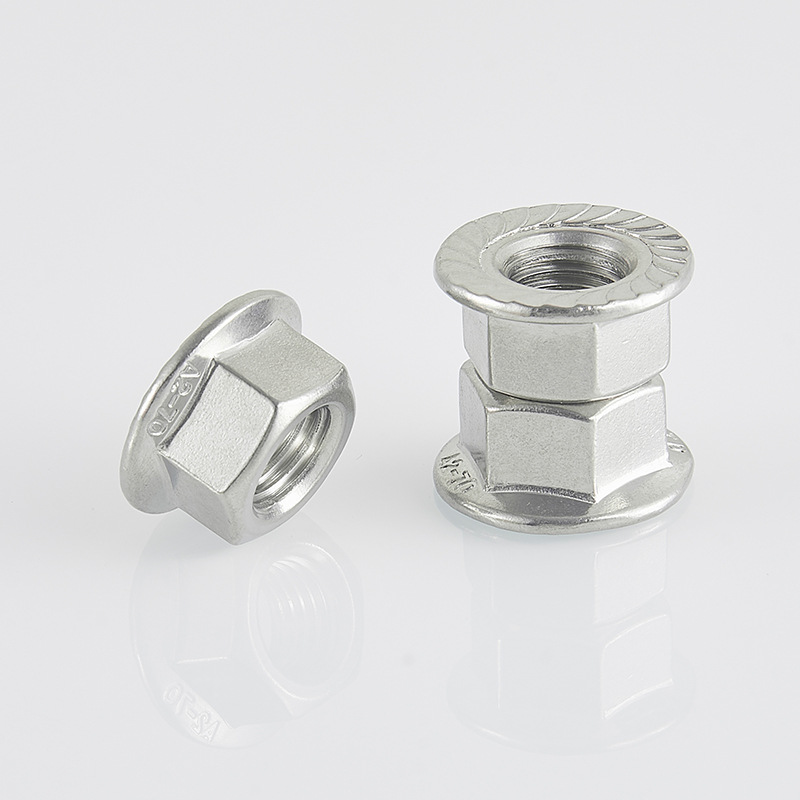

exploring the benefits of self-drilling screws for efficient
Dec . 22, 2024 16:09 Back to list
exploring the benefits of self-drilling screws for efficient
Exploring the Benefits of Self-Drilling Screws for Efficient Construction
In the construction and manufacturing industries, the choice of fasteners can significantly influence project timelines, costs, and overall quality. Among the myriad of options available, self-drilling screws have emerged as a preferred choice for both professionals and DIY enthusiasts. This article explores the benefits of self-drilling screws and their role in enhancing efficiency across various applications.
What Are Self-Drilling Screws?
Self-drilling screws, also known as tek screws, are designed with a drill bit tip that allows them to penetrate and create their own hole in various materials without the need for a pre-drilled pilot hole. This unique feature makes them particularly appealing for projects involving metals, plastics, and even wood. Their versatility and ease of use have made them an essential component in modern construction practices.
Time Efficiency
One of the most significant advantages of self-drilling screws is the time savings they provide. The elimination of the pilot hole drilling step means that workers can complete fastening tasks in a fraction of the time required by traditional screws. This efficiency is particularly crucial in large-scale projects where hours can translate into substantial labor cost savings. By reducing the number of steps involved, self-drilling screws can streamline operations, allowing teams to meet tighter deadlines and improve productivity.
Improved Precision and Performance
Self-drilling screws are designed to ensure precision during installation. The drill bit tip allows for consistent penetration depth and reduces the risk of damage to materials. This precision results in a more secure fastening performance, which is vital in ensuring the integrity of structures. Furthermore, many self-drilling screws come with enhanced features such as sharp threads and coatings that improve grip and resist corrosion, ensuring they perform well in various environmental conditions.
Versatility in Applications
exploring the benefits of self-drilling screws for efficient

Self-drilling screws are incredibly versatile, making them suitable for a variety of applications. Whether it's attaching metal to metal in roofing projects, securing insulation materials, or fastening wood components together, these screws can handle it all. The ability to use a single type of fastener for multiple tasks simplifies inventory management and reduces the need for specialized tools. This adaptability makes self-drilling screws an attractive option for contractors who need to efficiently move from one job site to another.
Cost-Effectiveness
While the initial cost of self-drilling screws may be higher than standard screws, their overall cost-effectiveness becomes evident through labor savings and reduced project durations. Many contractors find that the ability to save time on installation and minimize material waste makes self-drilling screws a more economical choice in the long run. Additionally, because they often require fewer tools and less equipment, teams can further save on costs associated with purchasing and maintaining specialized drilling devices.
Enhanced Safety Features
Safety is a paramount concern in construction environments. The design of self-drilling screws minimizes the risk of accidents related to manual drilling operations. With fewer tools required and the ability to drive screws efficiently with a power tool, there is less exposure to potential hazards. This streamlined process can lead to safer job sites, reducing the likelihood of injuries and subsequent insurance costs.
Environmental Considerations
In an era where sustainability is crucial, the efficiency of self-drilling screws contributes positively to environmental goals. The reduction in energy used for drilling pilot holes not only saves time but also lessens the overall carbon footprint of construction activities. Furthermore, many manufacturers are producing self-drilling screws made from recyclable materials or that feature eco-friendly coatings, making them a more sustainable choice for construction projects.
Conclusion
The benefits of self-drilling screws extend far beyond their basic functionality. These innovative fasteners enhance time efficiency, precision, versatility, and safety while also proving cost-effective and environmentally friendly. As the construction industry continues to evolve, the adoption of self-drilling screws in various applications is likely to increase, leading to more efficient practices and higher quality outcomes. For anyone involved in construction or manufacturing, incorporating self-drilling screws into their toolkit could mean a significant leap forward in operational efficiency and project success.
Latest news
-
Hot Dip Galvanized Bolts-About LongZe|High Strength, Corrosion Resistance
NewsJul.30,2025
-
High-Strength Hot Dip Galvanized Bolts - Hebei Longze | Corrosion Resistance, Customization
NewsJul.30,2025
-
Hot Dip Galvanized Bolts-Hebei Longze|Corrosion Resistance&High Strength
NewsJul.30,2025
-
High-Strength Hot-Dip Galvanized Bolts-Hebei Longze|Corrosion Resistance&High Strength
NewsJul.30,2025
-
Hot Dip Galvanized Bolts-Hebei Longze|Corrosion Resistance&High Strength
NewsJul.30,2025
-
Hot Dip Galvanized Bolts - Hebei Longze | Corrosion Resistance, High Strength
NewsJul.30,2025

